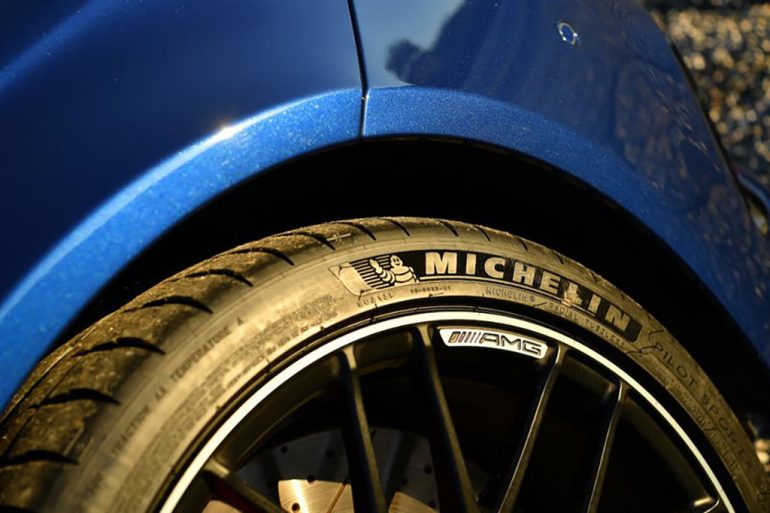
When seeking new tires, consumers often embark on a journey that involves considering various factors such as model, size, and price. However, for the more discerning tire buyers, brand loyalty plays a crucial role in their decision-making process. Trust in a particular brand can guide their choices, leading them to explore the most suitable tire model within that trusted brand for their vehicle. To aid consumers in this important decision, we’ve researched and analyzing popular tire brands to come up with what we trust are the top 10 tire brands in the industry.
The approach of selecting tires based on brand loyalty reflects a strategic mindset among consumers who prioritize reliability and performance. Recognizing that certain brands have established themselves as paragons of quality and durability, these savvy buyers and even those who buy truck wheels and tires opt for the assurance that comes with a trusted name. This nuanced perspective adds an extra layer to the tire-buying process, where not only the specific features of a tire matter but also the reputation and track record of the brand.
Ultimately, the fusion of brand trust and informed decision-making transforms the tire-buying experience into a more personalized and satisfying journey for consumers seeking not just tires, but a reliable companion on the road.
The top 10 tire brands offer a diverse range of options for drivers, each with its own strengths and specialties. Here’s a breakdown of how we rate popular tire brands for our top 10 automotive tire brands list of 2023:
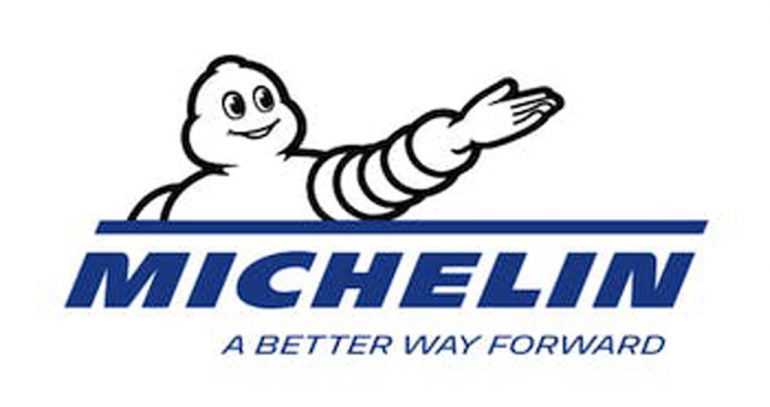
Overview: Michelin, a French multinational tire manufacturer with roots dating back to 1889, stands as the second-largest tire producer globally. Boasting a comprehensive lineup of 50 tire models, Michelin caters to various driving needs, from the award-winning CrossClimate2 for all seasons to the high-performance Pilot Sport 4S. The brand’s commitment to quality has earned it the prestigious Golden Wrench for Best Overall Tire Brand.
Types: All-season, touring, high performance, ultra-high performance, winter, all-terrain, mud-terrain.
Pros: Michelin enjoys a stellar reputation worldwide for building high-quality tires. Its extensive range covers all-season, touring, high-performance, ultra-high performance, winter, all-terrain, and mud-terrain categories.
Cons: While offering top-tier quality, Michelin tires often come with a higher price tag compared to some competitors.

Overview: With over 150 years of history, Continental, a German tire manufacturer, has established itself as a key player in the industry. Boasting 59 different tire models in the United States, Continental excels in mainstream automotive tire production, particularly in high-performance, touring, and medium-duty truck and SUV tires.
Types: All-season, touring, high performance, ultra-high performance, winter.
Pros: Continental offers a substantial range with a focus on high-performance and excellent winter tire options.
Cons: The brand has a limited selection in the all-terrain and mud-terrain categories.
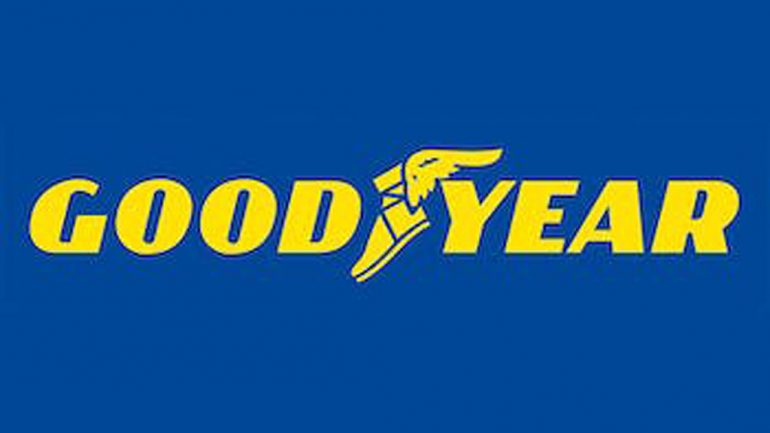
Overview: Founded in 1898, Goodyear is a prominent American tire manufacturer, ranking among the top four globally. With an impressive array of 85 different tire models, Goodyear caters to various needs, from ultra-performance tires like the Eagle F1 Supercar to budget-friendly all-season options like the Radial LS.
Types: All-season, touring, high performance, ultra-high performance, winter, all-terrain, mud-terrain.
Pros: Goodyear boasts a nationwide retail network and stands out with top-quality and consumer rankings across a wide range of tire models.
Cons: Some Goodyear models exhibit only fair wet performance, and prices may vary.
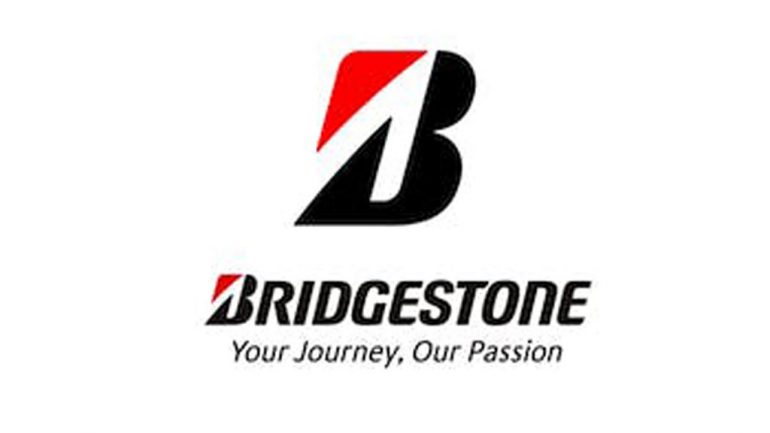
Overview: Bridgestone, a Japanese tire manufacturer since 1931, holds the title of the world’s largest tire producer. Offering more than 100 tire models, Bridgestone covers the spectrum of driving needs. The brand is renowned for its Potenza line, providing ultra-high- and high-performance options, along with innovations like the groundbreaking Blizzak winter tires.
Types: All-season, touring, high performance, ultra-high performance, winter, all-terrain, mud-terrain.
Pros: Bridgestone boasts a vast range of tires for every application, an extensive retailer network, and exceptional wet, dry, and winter performance.
Cons: While excelling in performance, Bridgestone may lack the sheer breadth of models compared to some competitors.
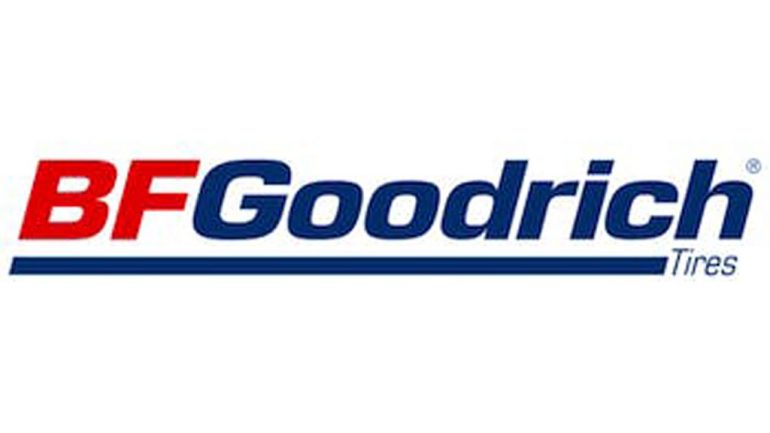
Overview: BFGoodrich, in existence since 1870 and part of the Michelin family since 1990, maintains a strong presence in the United States. Focused on a narrower range of 21 tire models, BFGoodrich excels in categories like all-terrain and mud-terrain, with popular models such as the g-Force ultra-high performance tires and the All-Terrain T/A K02.
Types: All-season, touring, high performance, all-terrain, mud-terrain.
Pros: BFGoodrich shines with excellent all-terrain and mud-terrain options and is a favorite for vintage muscle cars.
Cons: The product range is relatively small compared to other manufacturers.
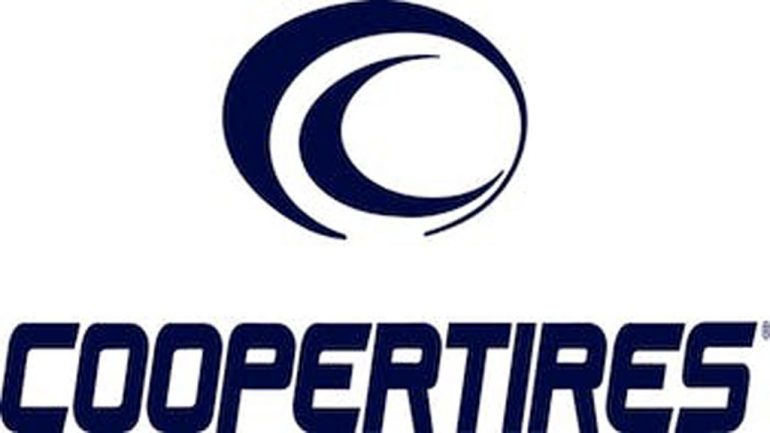
Overview: Cooper, in operation since 1914, has experienced a resurgence, offering standout models in specific categories. While the brand provides only 21 different models, it excels where it counts, particularly with the Discoverer truck and SUV tires and the beloved Cooper Cobra for vintage muscle cars.
Types: All-season, touring, high performance, winter, all-terrain, mud-terrain.
Pros: Cooper stands out with excellent all-terrain and mud-terrain tires, gaining favor among truck and SUV owners.
Cons: The product range is limited, especially in high-performance offerings.
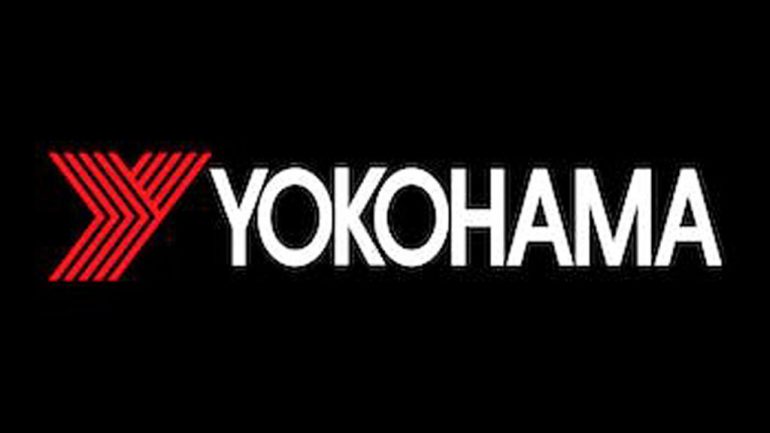
Overview: Yokohama, a Japanese manufacturer since 1917, entered the US market in 1969 and has become a household name. With 76 different models, Yokohama focuses on the ADVAN line for performance, Avid for all-season/touring, and Geolandar for truck and SUVs, including OEM applications for Subaru.
Types: All-season, touring, high performance, ultra-high performance, winter, all-terrain, mud-terrain, trail.
Pros: Yokohama impresses with an outstanding performance lineup and a broad range of truck and SUV tires.
Cons: The retailer network may be less extensive compared to some competitors, and certain all-season models exhibit poor winter performance.
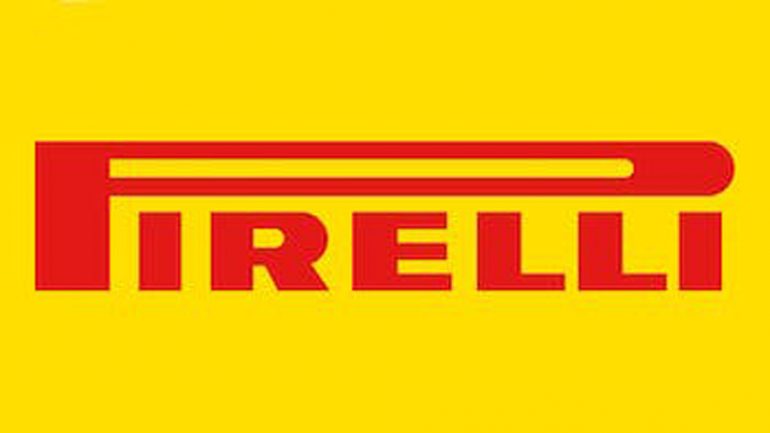
Overview: Pirelli, with nearly 150 years of history, is an Italian tire manufacturer synonymous with high-performance and luxury. Boasting 63 tire models, Pirelli is renowned for ultra-high-performance tires like the Scorpion line for trucks and SUVs, as well as a formidable lineup of track and winter tires.
Types: All-season, touring, high performance, ultra-high performance, winter, all-terrain.
Pros: Pirelli enjoys a nationwide retail network, top quality and consumer rankings, and a wide range of tire models.
Cons: The brand does not offer dedicated mud-terrain tires.
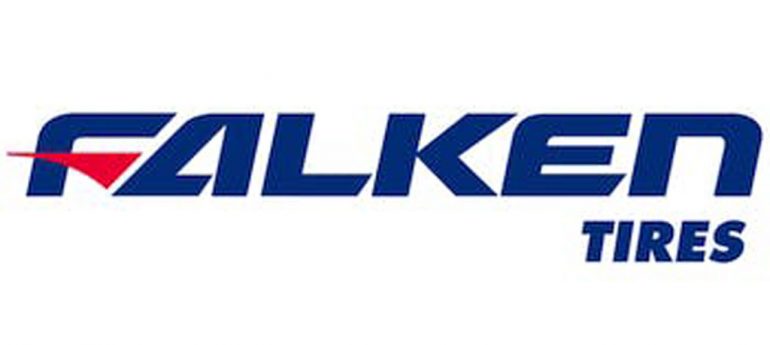
Overview: Falken, emerging in the 1980s and steadily expanding, has gained prominence with its ZIEX all-season tire line. With 21 different models, Falken has become an OEM choice for various popular models and is particularly notable for its WildPeak series, a trail and all-terrain tire.
Types: All-season, touring, high performance, ultra-high performance, winter, all-terrain, mud-terrain, competition.
Pros: Falken raises the bar for off-pavement driving, especially with the WildPeak series, and continues to expand its product portfolio.
Cons: Despite growth, the brand is still expanding its range.
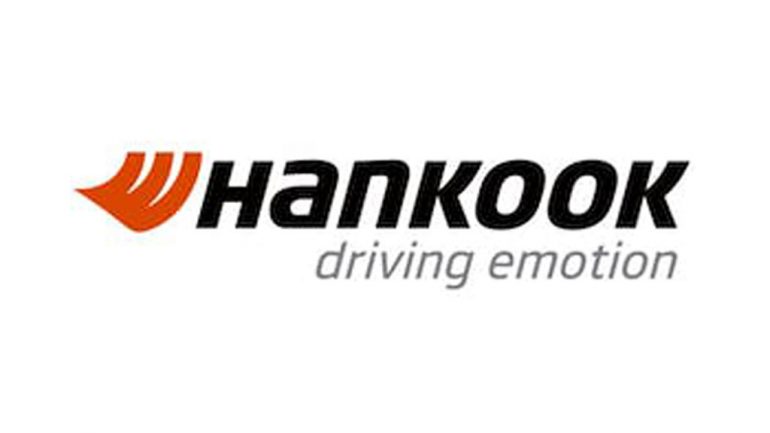
Overview: Hankook, the youngest on the list, originated in South Korea in 1941. With 42 different models, Hankook covers various needs, including the Ventus high-performance line, Optimo, Kinergy for all-season and touring, and the Dynapro for all-terrain and mud-terrain.
Types: All-season, touring, high performance, ultra-high performance, all-terrain, mud-terrain.
Pros: Hankook impresses with outstanding performance in its lineup and a broad range of all-season/touring tires.
Cons: The brand has a limited offering in all-terrain/mud-terrain categories and lacks a dedicated winter tire option.

Darryl Taylor Dowe is a seasoned automotive professional with a proven track record of leading successful ventures and providing strategic consultation across the automotive industry. With years of hands-on experience in both business operations and market development, Darryl has played a key role in helping automotive brands grow and adapt in a rapidly evolving landscape. His insight and leadership have earned him recognition as a trusted expert, and his contributions to Automotive Addicts reflect his deep knowledge and passion for the business side of the car world.